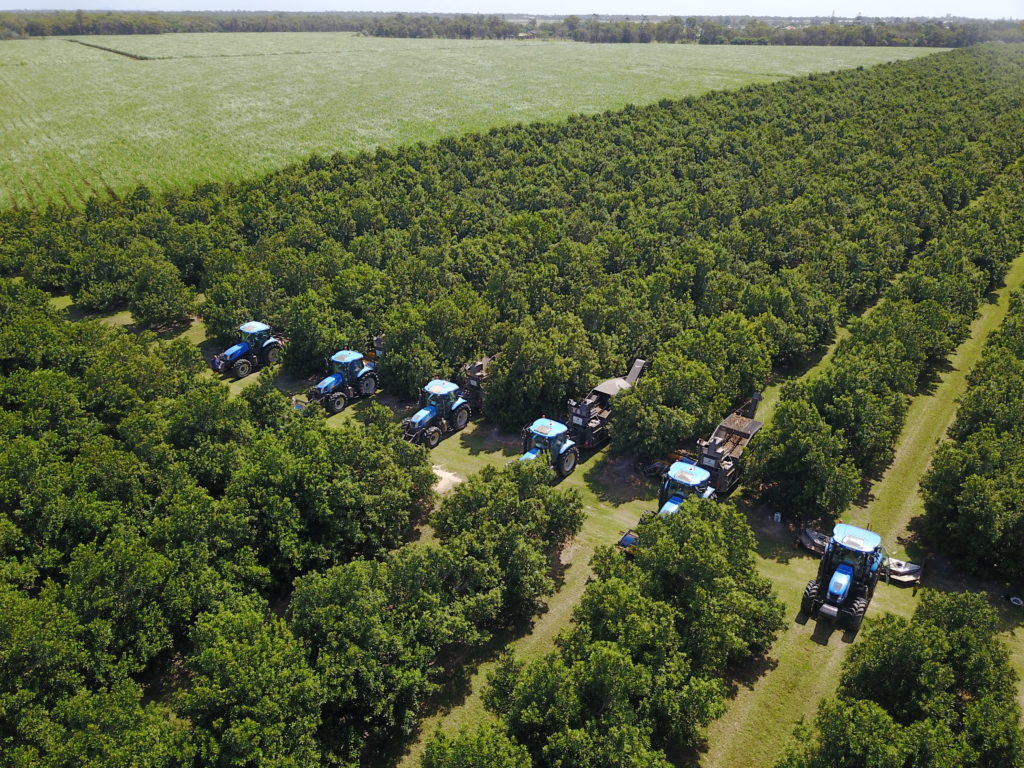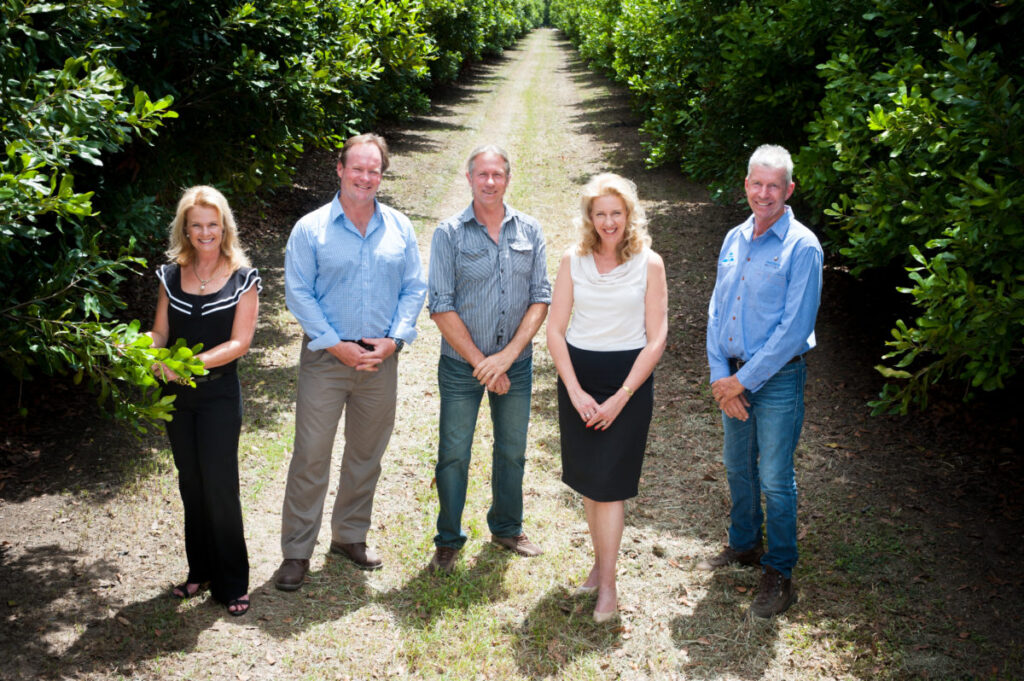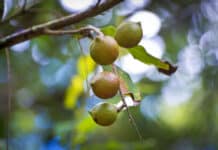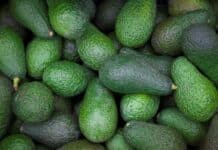
A Bundaberg macadamia farm is taking the region’s name to the world after its Australian nut products launched in Nanning eight months ago.
Macadamias Australia planted its roots in the Bundaberg Region more than 60 years ago with pumpkins, tomatoes and zucchinis, before cracking into the macadamia business in 2002.
Now the love for macadamias has boomed significantly, not just in Australia but across the world.
Director Trevor Steinhardt and Export Marketing and Business Development Co-ordinator Flora Zhang said since the Nanning launch in September last year there had been good confidence in the market and they were happy with the outcome.
Nanning is the Bundaberg Region’s sister city and Mayor Jack Dempsey led a delegation of local businesses there last year for a trade display and to explore new market opportunities.
“We were a new brand to the market, but within two months we received number one position for macadamias on the Tmall global imported macadamia category,” Ms Zhang said.
“Last September was the first shipment and now it’s regular.”

“The co-launch with the Bundaberg Regional Council in Nanning eight months ago really opened the doors,” Mr Steinhardt said.
“The Tmall flagship store is going well – it lifted our profile.”
Ms Zhang said not only were they busy taking Macadamias Australia to the rest of the world, but they were also working tirelessly to promote the Bundaberg Region.
“We show the region to overseas customers by promoting our farm and our team,” she said.
“We are right next to the Great Barrier Reef and from the feedback we receive people are amazed by this.”
Mr Steinhardt said it was important to the family business that when venturing out globally they made sure all the assets of the region were shown.
“What we are surrounded with may seem normal in our eyes,” he said.
“But to the Chinese who have a love and a value for water and clean environment it is something else.
“We are proud to showcase it all.”
E-commerce takes farming into the future
Macadamias Australia are listed on the Chinese e-commerce giant Alibaba, which is one of the top 10 most valuable and biggest companies in the world. In January last year it became the second Asian company to break the US$500 billion valuation mark.
Mr Steinhardt said the Chinese digital market offered great help to the business and by working with it they were able to spread their product near and far.
“We have access to lots of online websites to sell our product, including Hema and Koala,” he said.
“By focusing on these online platforms we are seen across the world.”
Macadamias Australia are exporting both dry-roasted and vanilla flavoured macadamias, which are sold through the Hema online and offline stores.
Ms Zhang said the benefits of the online market also included having results returned immediately.
“Online is close to the consumer, it’s quick and easy,” Ms Zhang said.
“The feedback we receive on our product is constant and immediate.”
Mr Steinhardt said the prompt return of feedback was used to make sure they were heading in the right direction.

The secret to macadamia success
The company maintains 200,000 macadamia trees and promotes best practice and innovation in growing and handling.
Marketing premium-quality macadamias worldwide, Macadamias Australia supplies macadamia kernel to some of the world’s largest food manufacturers, as well as the snack, bakery, ingredient, retail and confectionery industry sectors.
Macadamias Australia is the only international macadamia grower that solely markets 100 per cent of its production from the Bundaberg region – providing its customers with a consistent and reliable supply of premium quality macadamias with full traceability.
“We just have to be ourselves,” Ms Zhang said.
“We had several very successful market campaigns where we built trust in our product.
“The people in China want a safe, healthy product and that’s what we are able to provide.”
The business, operated by the Steinhardt family from a property on Goodwood Road, now supplies macadamia kernel to more than 15 countries worldwide.
The Bundaberg Region produces about 40 to 50 per cent of Australia’s total crop of 48,000 tonnes and in 2016 China imported 49,000 tonnes of macadamias from across the world.
Mr Steinhardt said the offline market was as important as it had a broad market reach.
“There’s quite a few phases to it all; we have to remember not to jump too far ahead of ourselves,” he said.
- The Australian Macadamia Society forecast the national macadamia crop to rise slightly in 2019 to a new record of 49,900 tonnes.
- Other news: Macadamia crop forecast steady after drought







